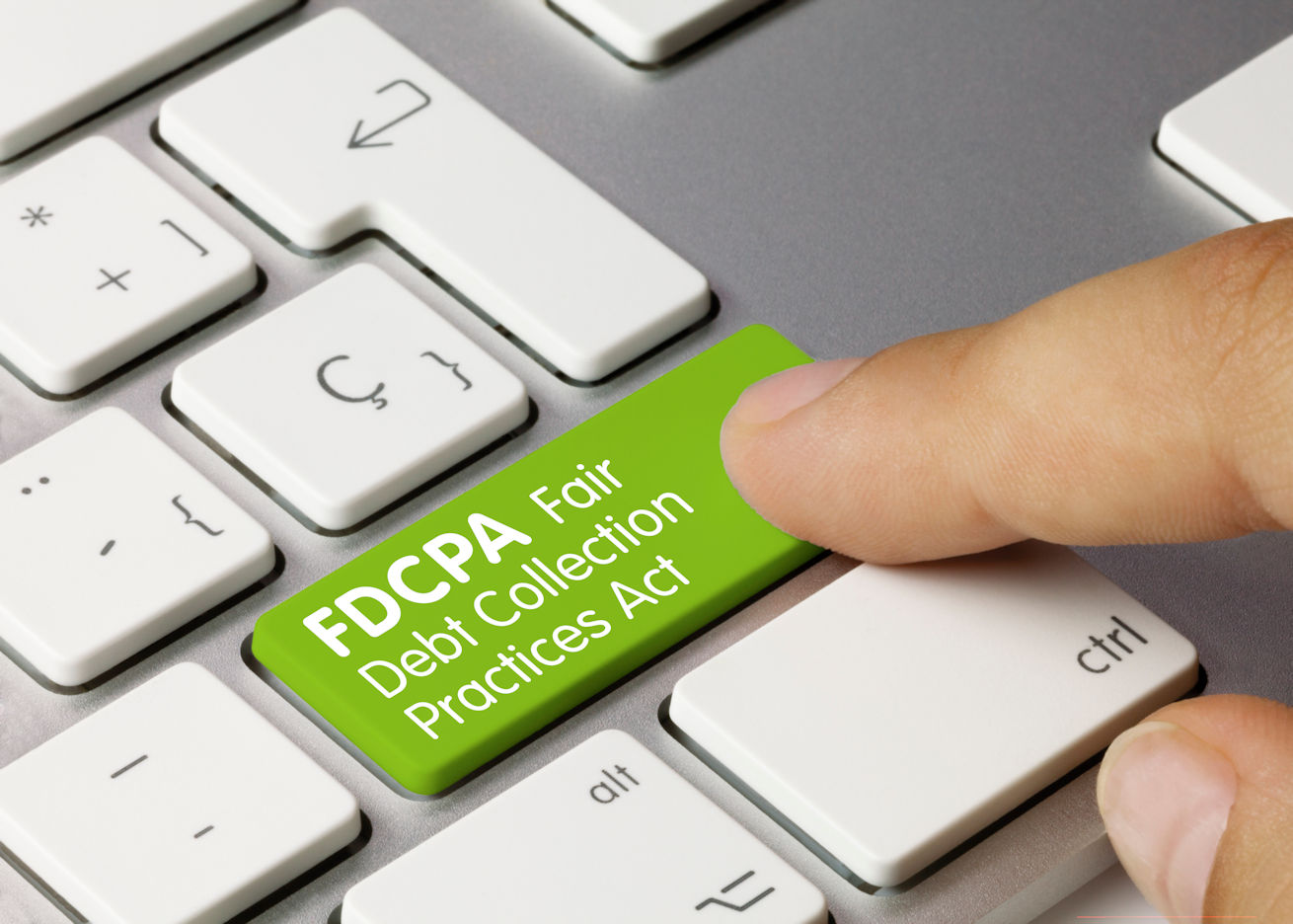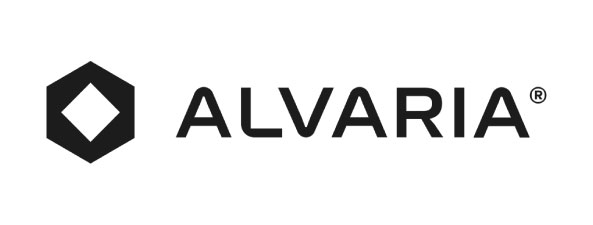In the field of debt collection, compliance with the law is paramount. The Fair Debt Collection Practices Act (FDCPA) plays an instrumental role in shaping the practices of our industry. We provide a look at the Fair Debt Collection Practices Act, its key provisions, implications for debt collectors, and rights for consumers. First, let’s start at the beginning.
1. Introduction to the Fair Debt Collection Practices Act
The Fair Debt Collection Practices Act was enacted in 1977 to eliminate abusive practices in the collection of consumer debts. It has since become a vital piece of legislation for both consumers and debt collectors, setting clear rules and guidelines.
Key Provisions of the FDCPA
- Protection Against Harassment: The Act prohibits debt collectors from using deceptive or abusive tactics to collect debt.
- Right to Information: Debt collectors must provide specific information about the debt, including the amount owed and the creditor’s name.
- Dispute Resolution: Consumers have the right to dispute a debt under the Fair Debt Collection Practices Act, and debt collectors must adhere to specific procedures when a dispute arises.
2. Implications for Debt Collectors
For debt collectors, compliance with the Fair Debt Collection Practices Act is not just about legal necessity; it’s about maintaining trust and reputation.
- Regulatory Compliance: Understanding and adhering to the FDCPA’s rules helps in avoiding potential legal consequences.
- Customer Relations: Following the Act’s guidelines can foster more amicable relations with consumers, leading to more successful collections.
3. Rights for Consumers
The Fair Debt Collection Practices Act is a crucial tool in protecting consumers from unjust practices. Key consumer rights include:
- Protection from Abuse: Consumers are safeguarded from threatening or harassing behaviors by debt collectors.
- Transparency: The Act ensures consumers receive clear information about their debts.
- Legal Recourse: If a debt collector violates the FDCPA, consumers can file a complaint or even sue the collector.
The Fair Debt Collection Practices Act is a foundational guide to ethical and lawful debt collection. By understanding and adhering to its provisions, debt collectors can operate within the bounds of the law while consumers gain essential protections and rights.
Staying current with the Fair Debt Collection Practices Act is not only good practice but a legal requirement. Remember, the Fair Debt Collection Practices Act is more than just a legal guideline; it’s a testament to fair and ethical practices within the debt collection industry. Its comprehension and implementation continue to shape how businesses and consumers navigate the often-complex world of debt collection.
If your organization needs assistance staying updated with the ever-changing legal requirements of our industry, you’re reading the right blog. Contact us to learn how we can help.







